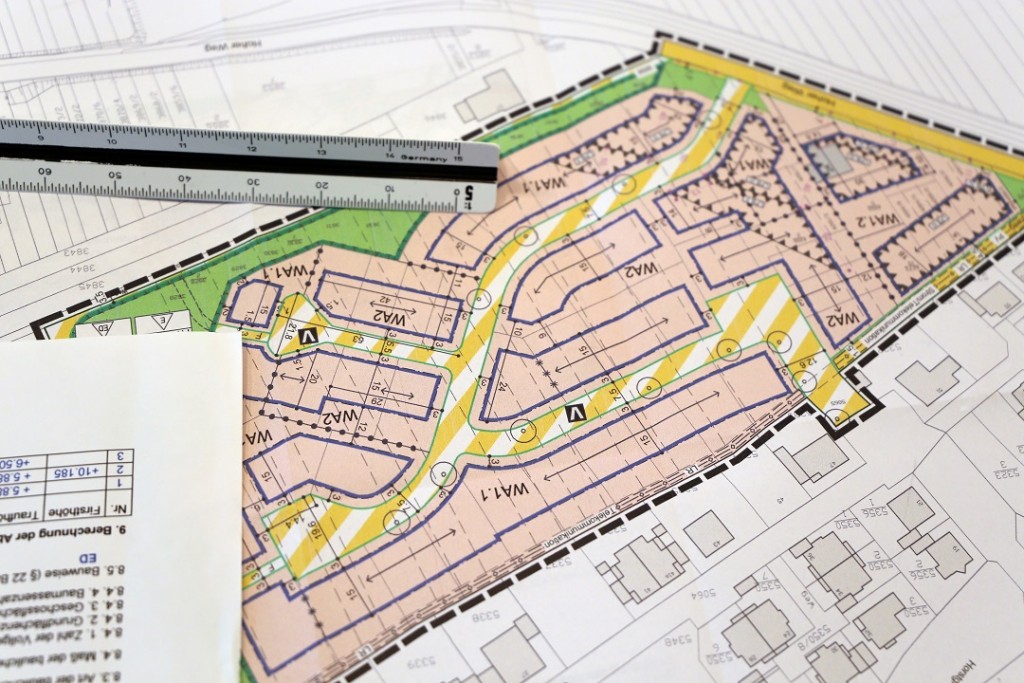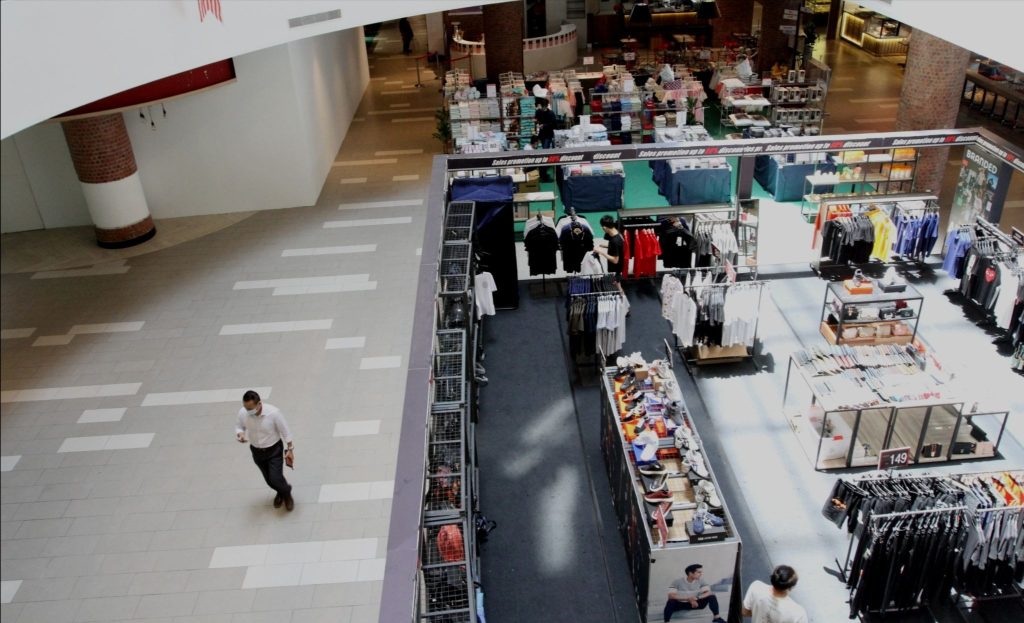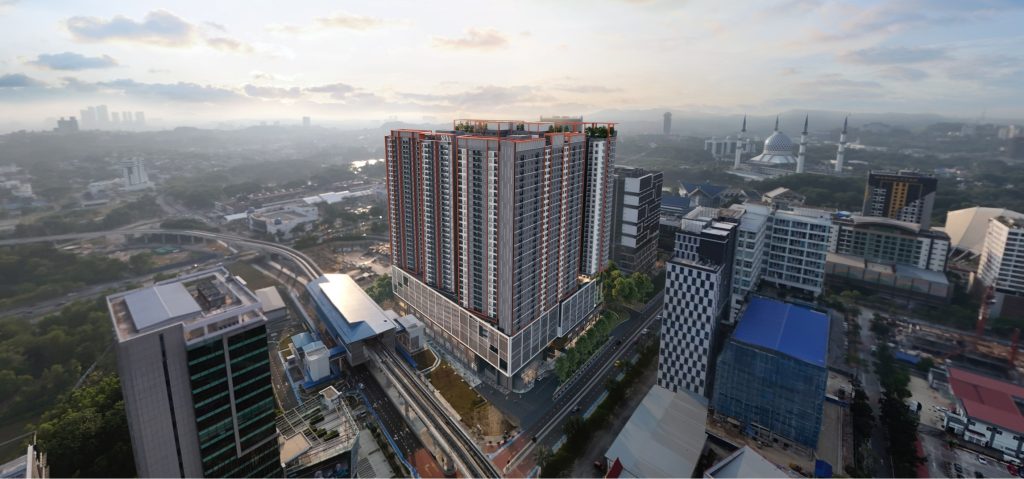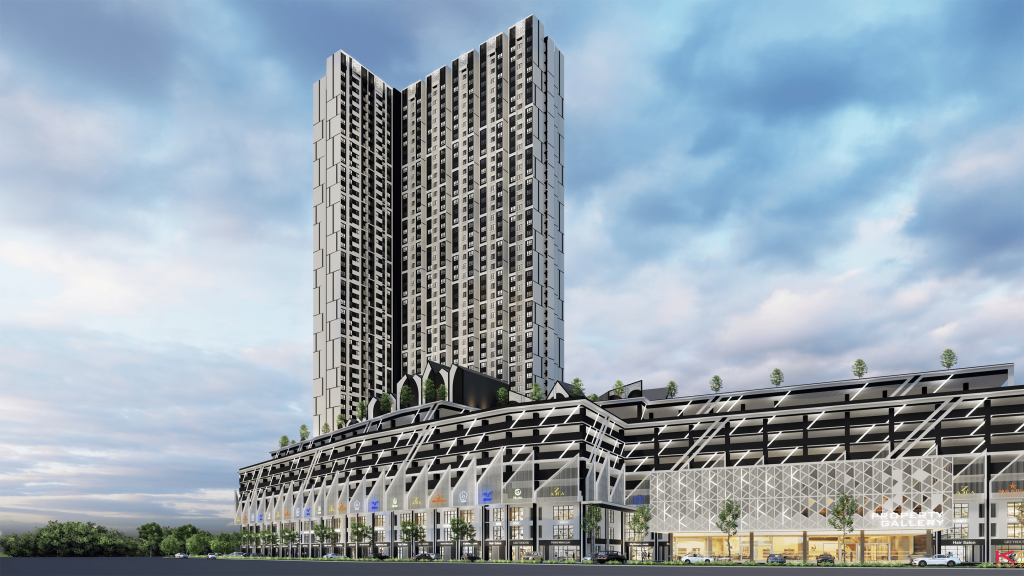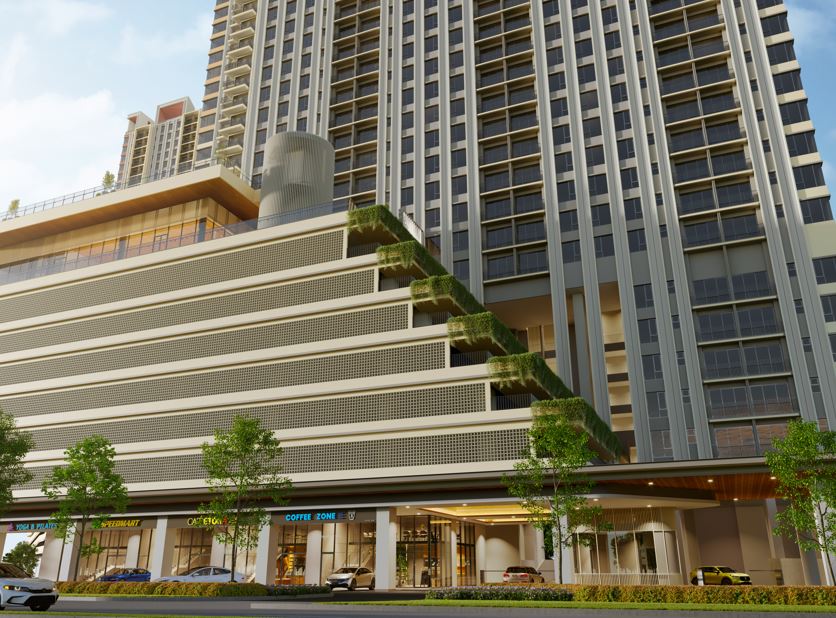By Viktor Chong
The life we knew has changed drastically as the pandemic continues to sweep through Malaysia. As the movement control order (MCO) shutters people within their homes, streets have emptied, and daily transactions are mostly conducted in cyberspace.
With that comes the awareness that our old city model is a threat to public health and safety, a point well elucidated by the dense population intermingling in confined spaces. According to architect Mustapha Kamal Zulkarnain, the Covid-19 is equivalent to a humanity reset button, where people need to rethink a better system to govern their lives.
As one of the speakers in the Sustainable Urban Development and Smart Cities Forum, he suggested the concept of a resilient city to resist the current virus threat and inhibit future pandemics. Resilience in this sense pertains to a city that has developed capacities to help absorb future shocks and stresses to its social, economic, technical systems and infrastructures to be still able to maintain essentially the same functions, structures, systems and identity within short periods.
Flexibility needed
Mustapha said one of the criteria of a resilient city is that it can recognise alternative ways to use resources at times of crisis to meet the people’s needs. For example, urban public service can be used as a backup and support system for medical facilities during an epidemic.
Large public infrastructures such as halls and sports arenas should be capable of quickly being transformed into temporary medical treatment points that meet the admission and treatment criteria. To supplement the effort, spare capacity can be purposefully created to accommodate disruption from extreme pressures.
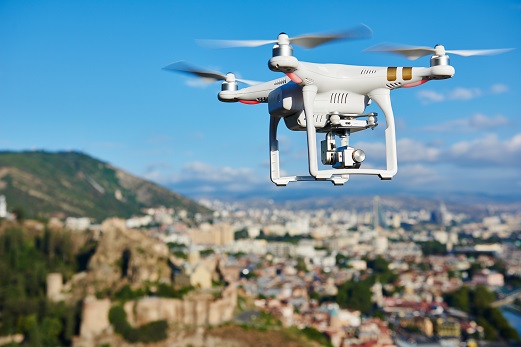
Drones in Hunan, China have been deployed to detect random people’s elevated body temperature on the streets.
“Digitisation is the sanitation of our time,” said Mustapha, adding that technology could be employed extensively to counter virus threats. Especially in a pandemic situation where areas need to be segregated and quarantine zones redefined, digital mapping becomes crucial.
This can be done through the aid of drones that provide aerial surveillance, he said at the one-day webinar hosted by Real Estate Housing Developer Association (Rehda) Institute. He added that these drones should not be independent but are interconnected to gather and consolidate relevant information for decision making.
The usage of drones can help create more precise cluster maps of active and suspected Covid-19 cases. This may come alongside live footage, real-time health reports and status updates. The interplay of all this information allows the establishment of structured disinfection across different areas within the city. Further on, they minimise person-to-person exposure, effectively reducing infection.
Availability of supplies under lockdown
Depending on the different lockdown levels, people may be more reliant on their local stores for groceries and essentials, making hyper-local distribution important. Once they have gotten past the initial frenzy of panic buying, essential goods and equipment must move seamlessly within and outside the cities.
Mustapha said many retailers and e-commerce players within major cities have previously reaped real-time package and shipment tracking benefits. They used route-planning software to identify short and ideal travel routes, gaining cumulative benefits of speed, cost and end-customer satisfaction.

Frontliners, namely doctors, nurses, police, utility and sanitation personnel, should not be deprived of a steady supply of medical and safety gears.
He suggested the extension of this AI-enabled route planning and live shipment tracking to ensure all essentials are evenly distributed across the districts. This system should enable retailers and suppliers to update their stock levels as they depreciate in real-time and possibly trigger automated delivery requests. Authorities can further track delivery trucks through in-vehicle trackers and direct them to the shops with lower supplies. The same application, coupled with an interconnected community-based reporting, can ensure on-time food packet deliveries to the elderly, homeless and needy.
Stay ahead of the crowd and enjoy fresh insights on real estate, property development, and lifestyle trends when you subscribe to our newsletter and follow us on social media.

